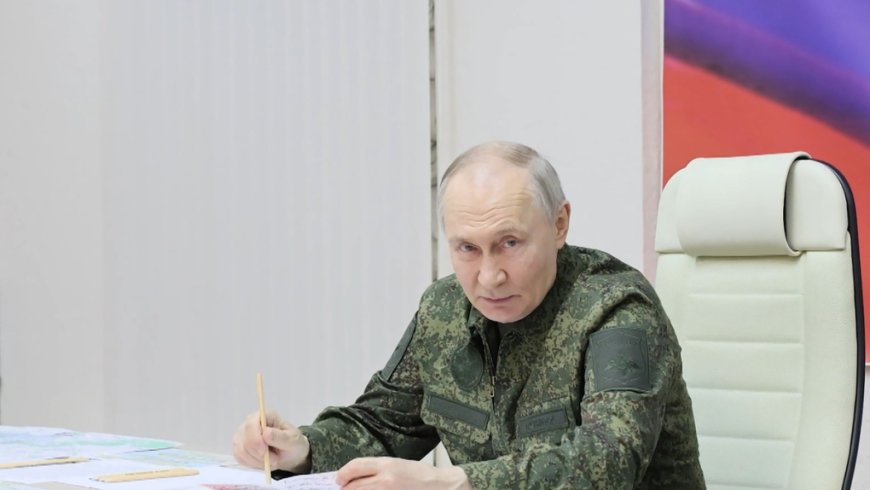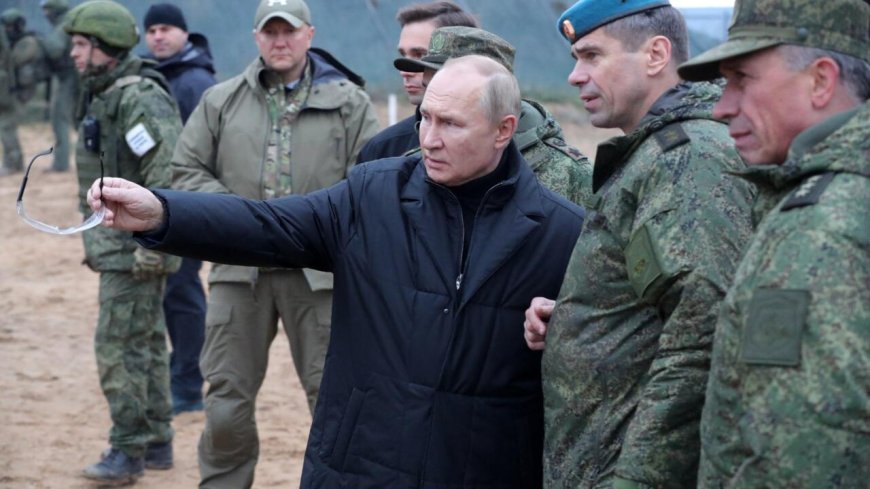Kremlin Rejects US Ceasefire Proposal, Sees No Benefit
Moscow: A senior aide to Russian President Vladimir Putin has dismissed a U.S. proposal for a 30-day ceasefire in Ukraine, arguing that it offers no strategic advantage to Russia while benefiting Kyiv. However, Moscow has not entirely ruled out negotiations on the proposal.

Moscow: A senior aide to Russian President Vladimir Putin has dismissed a U.S. proposal for a 30-day ceasefire in Ukraine, arguing that it offers no strategic advantage to Russia while benefiting Kyiv. However, Moscow has not entirely ruled out negotiations on the proposal. Since mid-2024, Russian forces have continued their territorial advances, now controlling nearly 20% of Ukraine after more than three years of war. The U.S. administration under President Donald Trump, who returned to office in 2025, has expressed a strong desire to end the conflict. Trump’s administration dispatched special envoy Steve Witkoff to Moscow for negotiations, following discussions between U.S. National Security Adviser Mike Waltz and Russian officials. The ceasefire proposal was formally introduced by Waltz on Wednesday and later confirmed by Trump at the White House. Trump expressed hope that Russia would accept the 30-day ceasefire, noting that Ukraine had already agreed to the proposal. The initiative is viewed as a diplomatic effort to de-escalate the war, which has resulted in heavy casualties and widespread destruction.

Yuri Ushakov, a top foreign policy aide to Putin, voiced skepticism about the proposal on Russian state television. He argued that a temporary ceasefire would merely allow Ukraine’s military to regroup and prepare for further fighting. "This gives us nothing. It only gives the Ukrainians an opportunity to gain strength and continue the same thing," Ushakov stated, underscoring Russia’s reluctance to accept the terms as they stand. However, Ushakov did not completely reject the ceasefire proposal. Instead, he suggested that revisions were necessary to ensure the deal aligned more closely with Russia’s strategic interests. He also indicated that Putin would likely respond in greater detail at a later stage, leaving room for further negotiations. Russia has consistently maintained that any peace agreement must acknowledge its territorial claims and address long-term security concerns. Ushakov reiterated that Moscow seeks a settlement that aligns with its national interests. As the war persists, global attention remains on Washington and Moscow’s diplomatic efforts to determine whether Trump’s administration can broker a peace deal acceptable to both sides, potentially shaping the future of the conflict.

 Ateeq Ur Rehman
Ateeq Ur Rehman